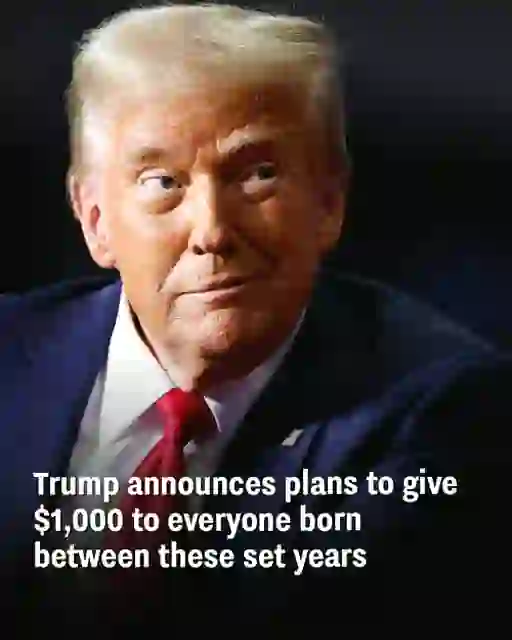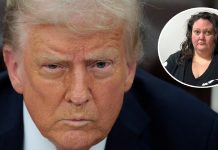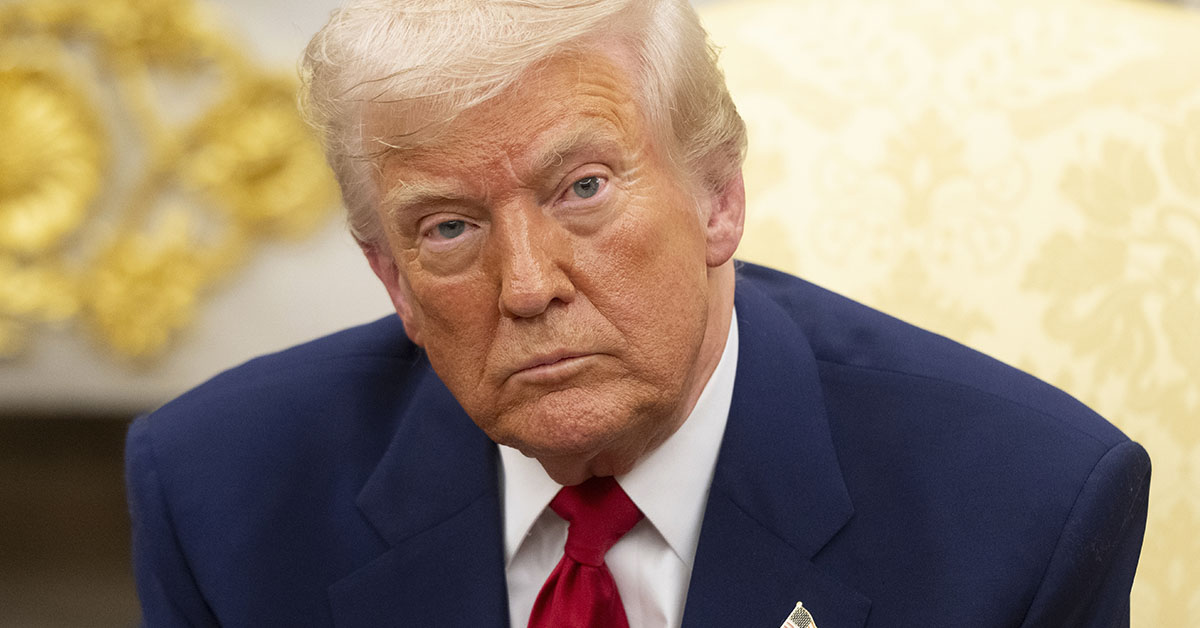
This proposal has sparked debate across party lines, with some praising it as a family-first financial move and others warning it may come at the cost of social support programs. Let’s take a closer look at who qualifies, what the broader bill includes, and why the term “Trump accounts” is quickly becoming a political flashpoint.
Who Qualifies and What Are Trump Accounts?
Trump accounts refer to a new type of tax-deferred investment account proposed by Trump as part of a larger economic plan. Each eligible child would receive a one-time $1,000 government deposit into an account that tracks the overall performance of the stock market. Parents or guardians would control the account and could contribute up to $5,000 per year, offering a potential long-term savings tool.
The catch? Only babies born between January 1, 2025, and December 31, 2028, would be eligible. Supporters, including House Speaker Mike Johnson, call it a forward-looking strategy to help families build generational wealth. The goal is to promote financial independence by connecting young Americans with the country’s economic growth from birth.
The Bigger Picture
The Trump accounts are just one part of a much larger legislative proposal that Trump is calling the “big, beautiful bill.” If the bill fails, the accounts never happen. This broader package includes a wide range of tax changes and policy reforms that affect working families, small businesses, and federal benefit programs.
Highlights of the bill include:
- Eliminating taxes on tips for service workers
- Freezing tax brackets for overtime income
- Allowing deductions of up to $10,000 for interest on loans for American-made vehicles
- Offering a $200 tax break for purchases of gun silencers
The bill also increases the child tax credit by $500, raising it to $2,500 through 2028. Trump claims the bill is a pro-family, pro-worker plan designed to reward labor, investment, and domestic manufacturing. Supporters say it puts money back into the hands of everyday Americans and encourages savings through tools like Trump accounts.
A Costly Tradeoff
While the Trump accounts might benefit newborns, other parts of the bill could remove vital support from millions of Americans. The proposal includes significant cuts to Medicaid and the Supplemental Nutrition Assistance Program (SNAP), with estimated impacts on more than 8 million people.
Key changes include:
- Stricter eligibility checks for Medicaid and SNAP
- Denial of benefits to undocumented immigrants
- A federal ban on funding for gender-transition procedures, even for adults
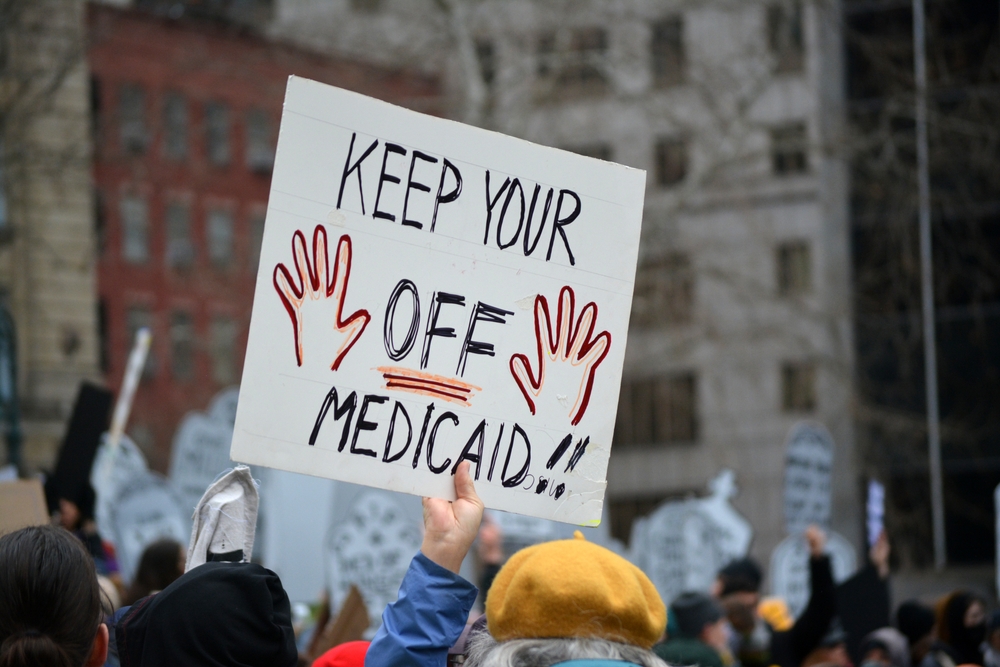
According to early projections, these changes would save the government approximately $1 trillion. However, critics argue that this would come at a high cost to vulnerable populations. Low-income families, the elderly, and people with chronic health conditions would be the ones to suffer. While some Americans might see gains through Trump accounts and tax breaks, others could face loss of access to food or healthcare.
Political Strategy or Pro-Family Vision?
Trump describes this initiative as a pro-family measure that supports savings, promotes financial independence, and redefines what it means to support children from day one. He insists that every child should have a stake in the American economy. Trump accounts, in his view, are a step toward that vision.
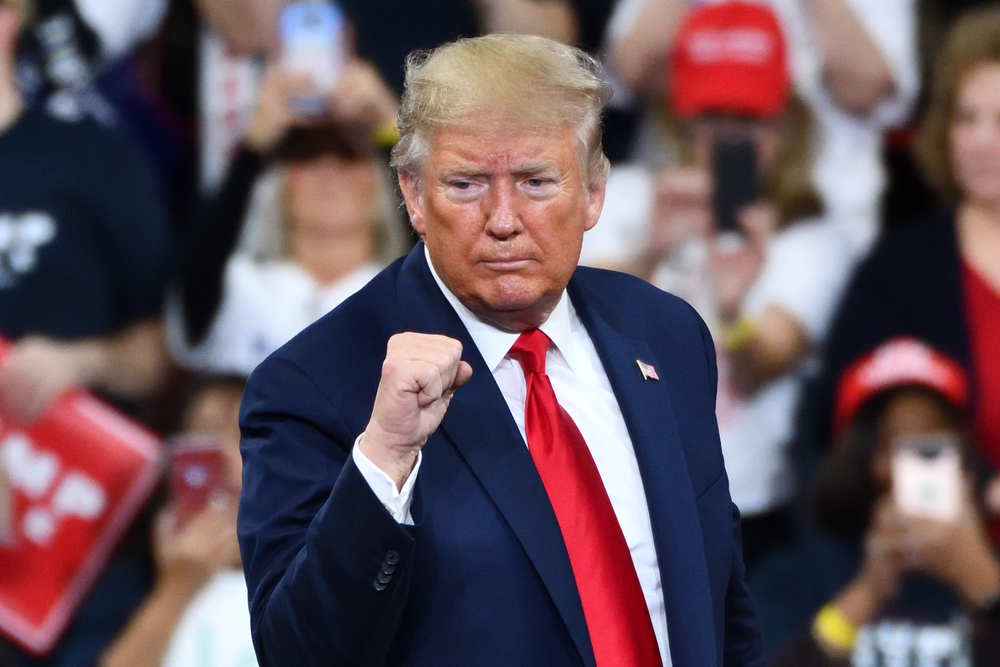
But critics view the plan as a political gamble. By attaching a popular idea like baby investment accounts to controversial cuts and tax shifts, the proposal pressures lawmakers into accepting a bundled package. It’s not just about giving; it’s also about what the government would take away in exchange.
Economists also note that stock market investments can be risky. While the accounts could grow significantly over time, they could also shrink if markets perform poorly. For families unable to make further contributions, the benefits might be modest.
What Happens Next?
At this point, the entire plan remains a proposal. For it to move forward, the big, beautiful bill must pass both the House and the Senate. That process will likely involve revisions, debates, and heated negotiations. Republicans may support the measure, but Democrats are expected to challenge the proposed cuts to healthcare and food aid.
Even if the bill makes it through the House, it could stall or be altered in the Senate. With midterm elections approaching, lawmakers may hesitate to back legislation that includes both financial perks and cuts to social programs.
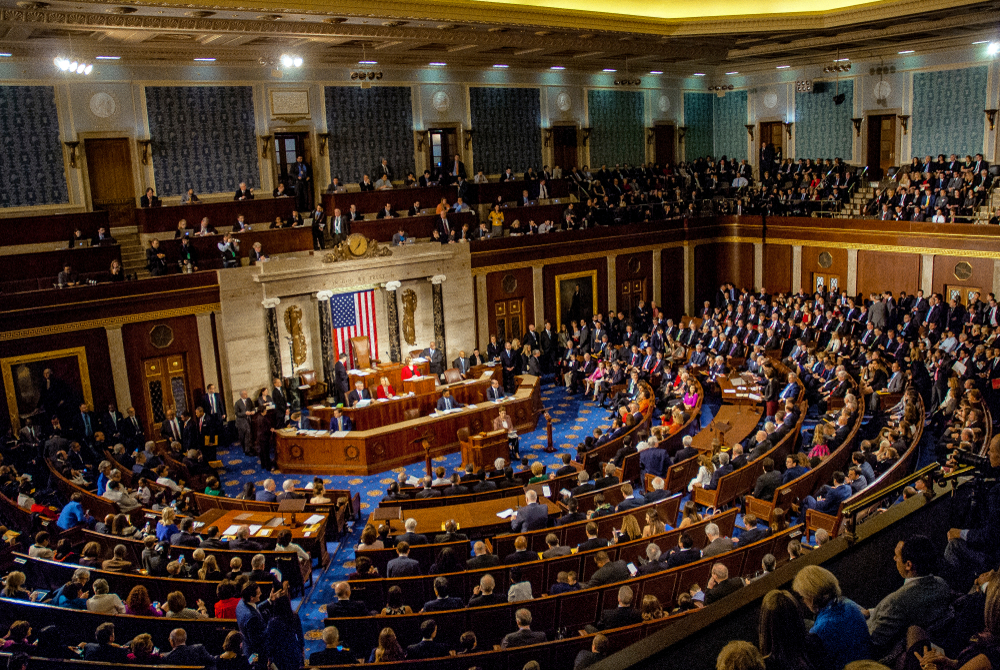
Until the bill passes, families can’t count on receiving a Trump account for their child. However, the conversation has begun, and it’s clear that this proposal will be part of a larger debate about how best to support American families.
A Proposal Full of Promise and Pitfalls
The proposal has captured national attention with its promise of giving newborns a financial head start. It’s a fresh approach to long-term savings and economic participation, wrapped in the appeal of a tangible $1,000 benefit.
However, the full package reveals deeper implications. The plan includes wide-reaching reforms that could change how millions of Americans access healthcare, pay taxes, and receive food assistance. Whether voters see it as a bold vision or a political ploy will likely shape the future of this proposal.
As the debate continues, families, lawmakers, and economists will watch closely to see whether this idea becomes policy, or fades as campaign-season noise.
